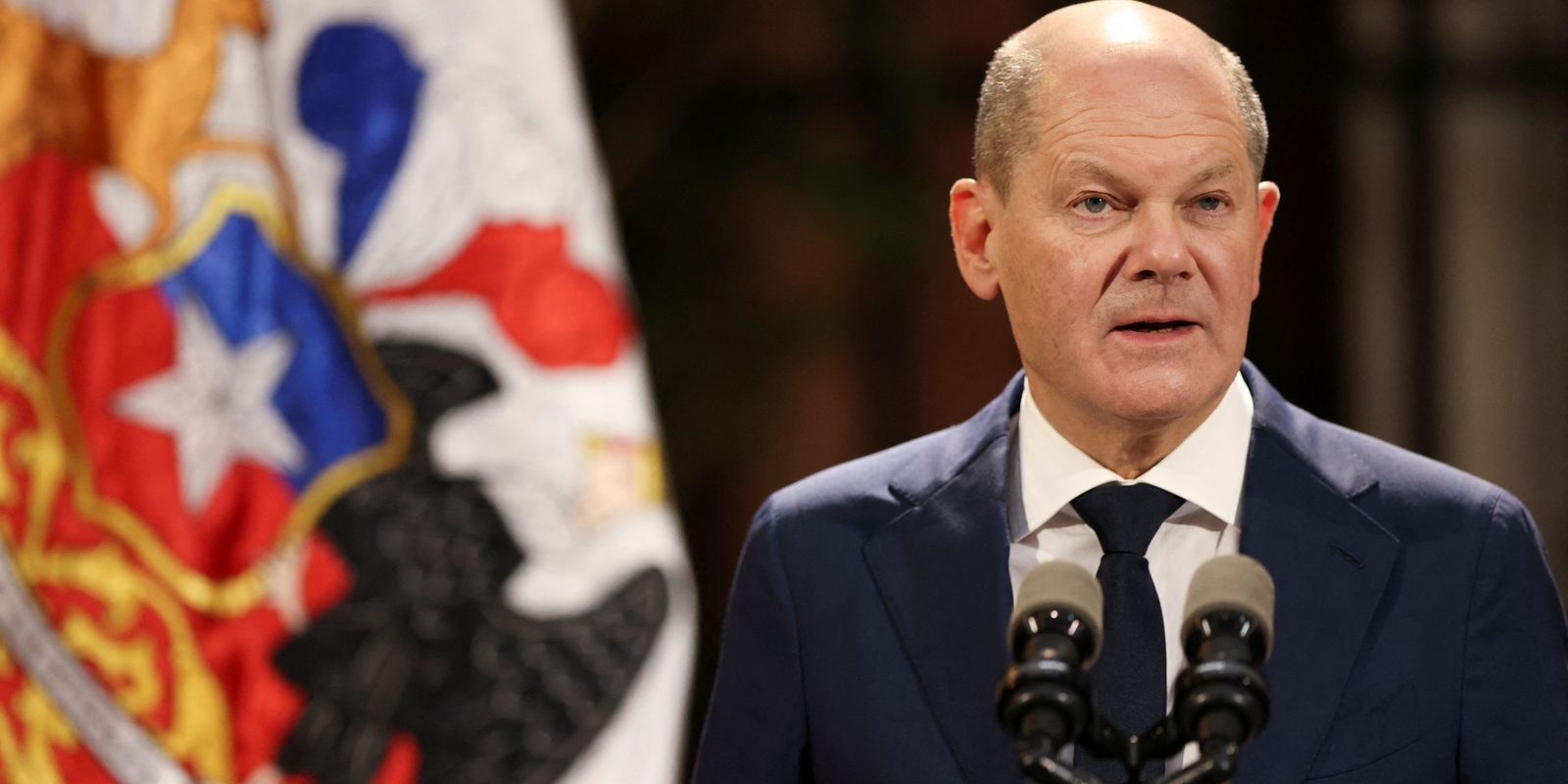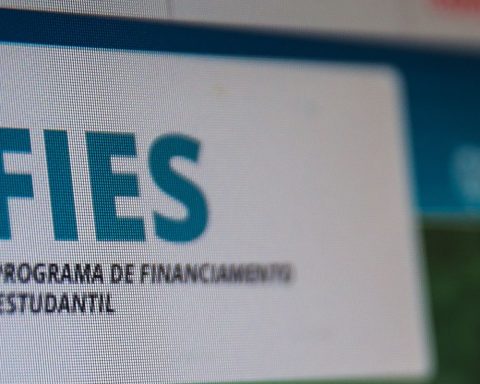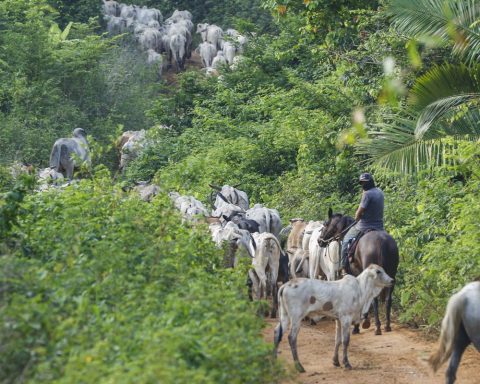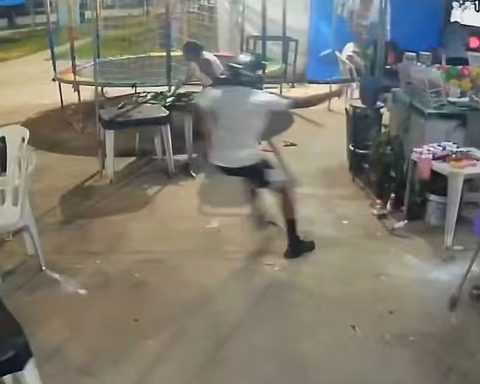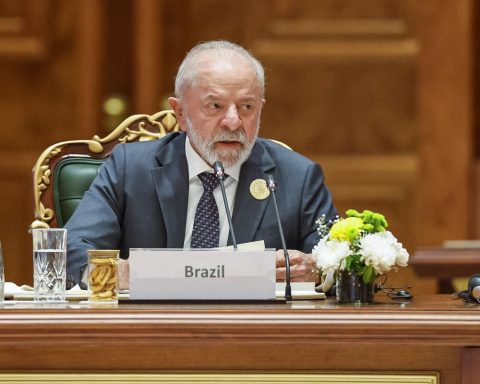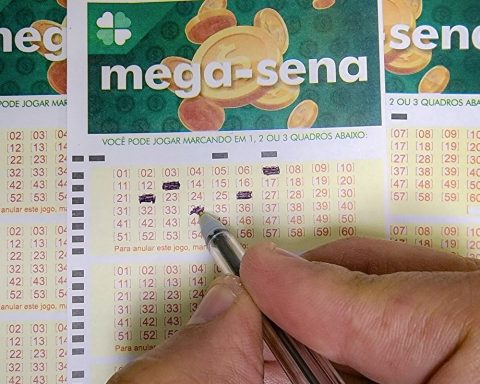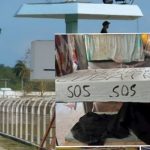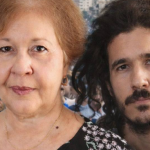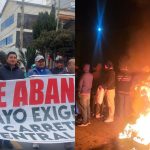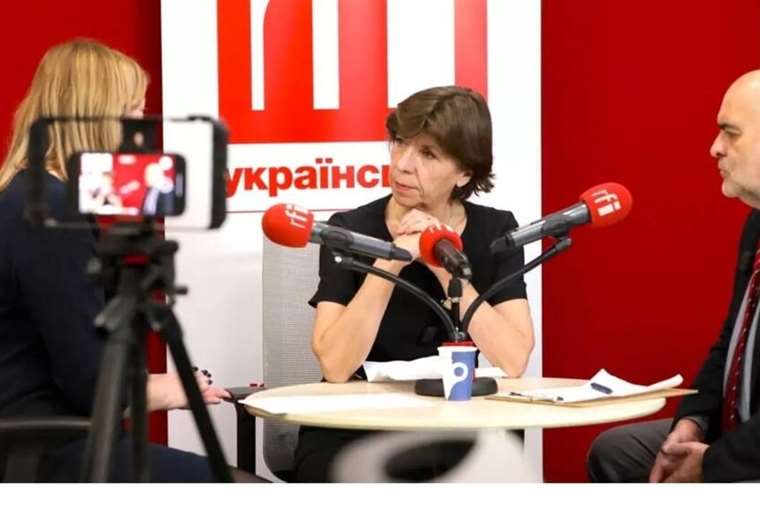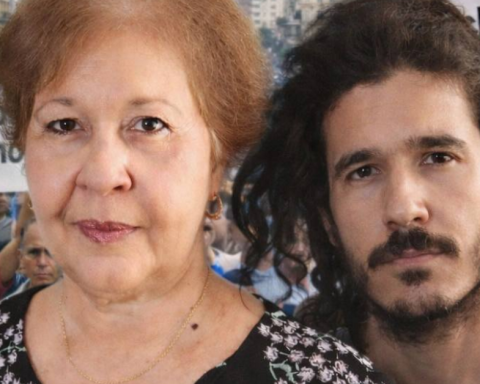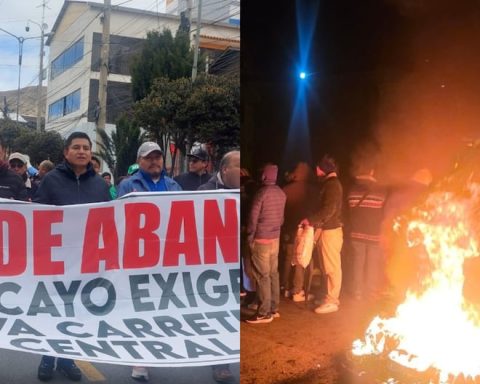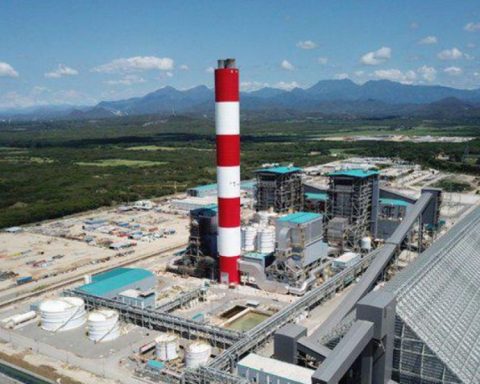German Chancellor Olaf Scholz sought to rally support for Ukraine during his first tour of South America, although differences with his hosts emerged, with Argentine President Alberto Fernández declaring that the region was not planning to send weapons.
On his three-day trip, Scholz sought to emphasize unity, noting that the three countries he is visiting – Argentina, Chile and Brazil – condemned Russia’s invasion of Ukraine at the United Nations General Assembly last year.
The fallout from the war and Western sanctions against Russia, such as rising food and energy prices, however, hit the region particularly hard, raising questions about the West’s approach.
Fernández said at a joint press conference with Scholz in Buenos Aires on Saturday (28) that Argentina, like Germany, wanted to help restore peace as quickly as possible.
But asked if Argentina would send weapons to Ukraine to defend the country against Russian troops, as Germany and its western allies have done, the Argentine president answered a categorical no.
“Argentina and Latin America do not plan to send weapons to Ukraine or any other conflict zone,” he said.
Chilean President Gabriel Boric did not refer to the war in his opening remarks at a press conference with Scholz in Santiago de Chile on Sunday (29), focusing instead on economic cooperation, particularly in the commodities.
In both countries, Scholz visited memorials to the victims of their military dictatorships, which, according to him, underscored the need to fight for democracy and freedom.
“In this memorial to the many victims of the dictatorship here, I cannot help but think of the young people who are being killed in Iran because they are fighting for freedom and a better life,” Scholz said in Buenos Aires.
German government officials say it is understandable that Latin American countries, so far removed from Europe and with such different concerns, have divergent views on the war, but they stressed the importance of continuing to convey Berlin’s perspective.
This Monday (30th) Scholz will travel to Brazil to meet with the president Luiz Inacio Lula da Silva.
The European wants to restore relations with the largest country in South America, after the departure of far-right former president Jair Bolsonaro.
The resilience of democracy will likely be at the top of the talks’ agenda, following attacks on the headquarters of Brazil’s Three Powers on January 8 by hardline Bolsonaro supporters.
Even so, new divergences must occur. Last year, Lula said that Russia should never have invaded Ukraine, but added that Ukrainian President Volodymyr Zelenskiy was as much to blame for the war as Russian leader Vladimir Putin.
*Additional reporting by Brendan O’Boyle
Reproduction of this content is prohibited.
